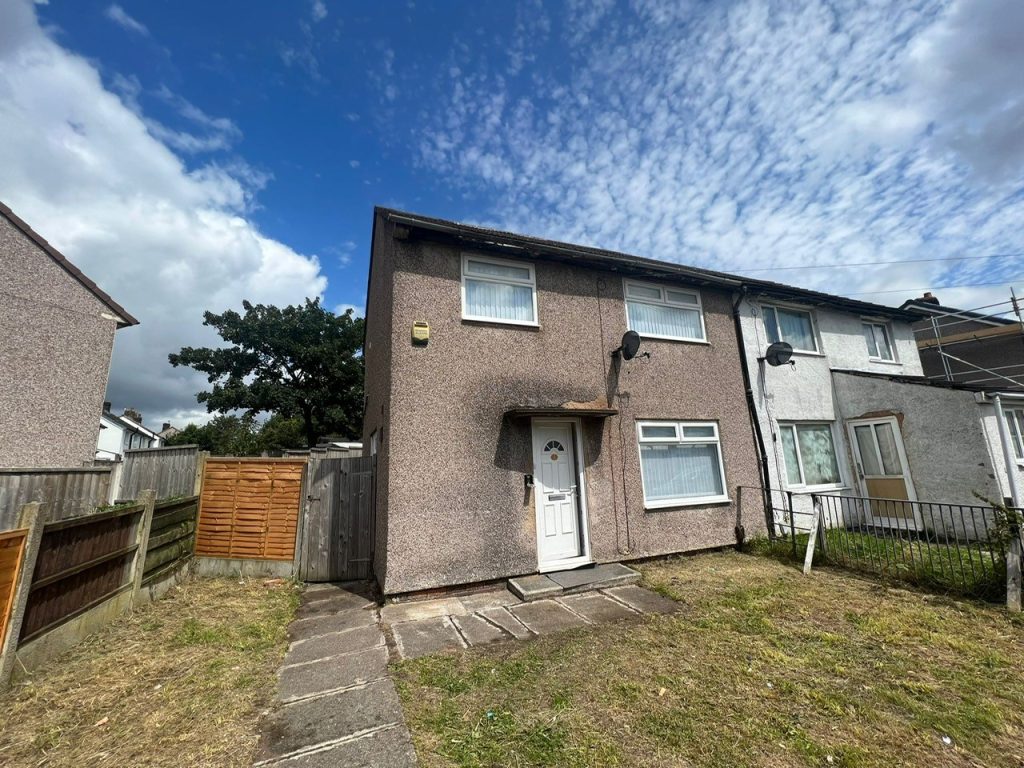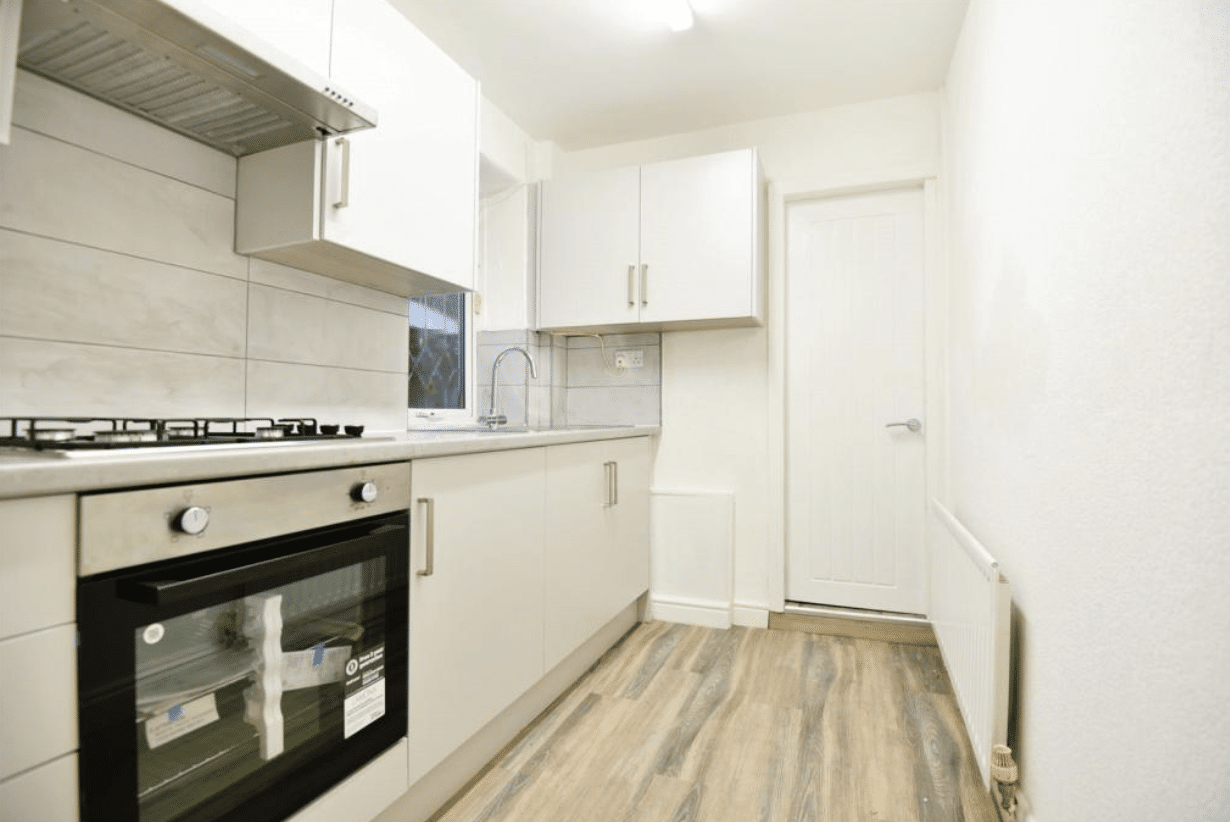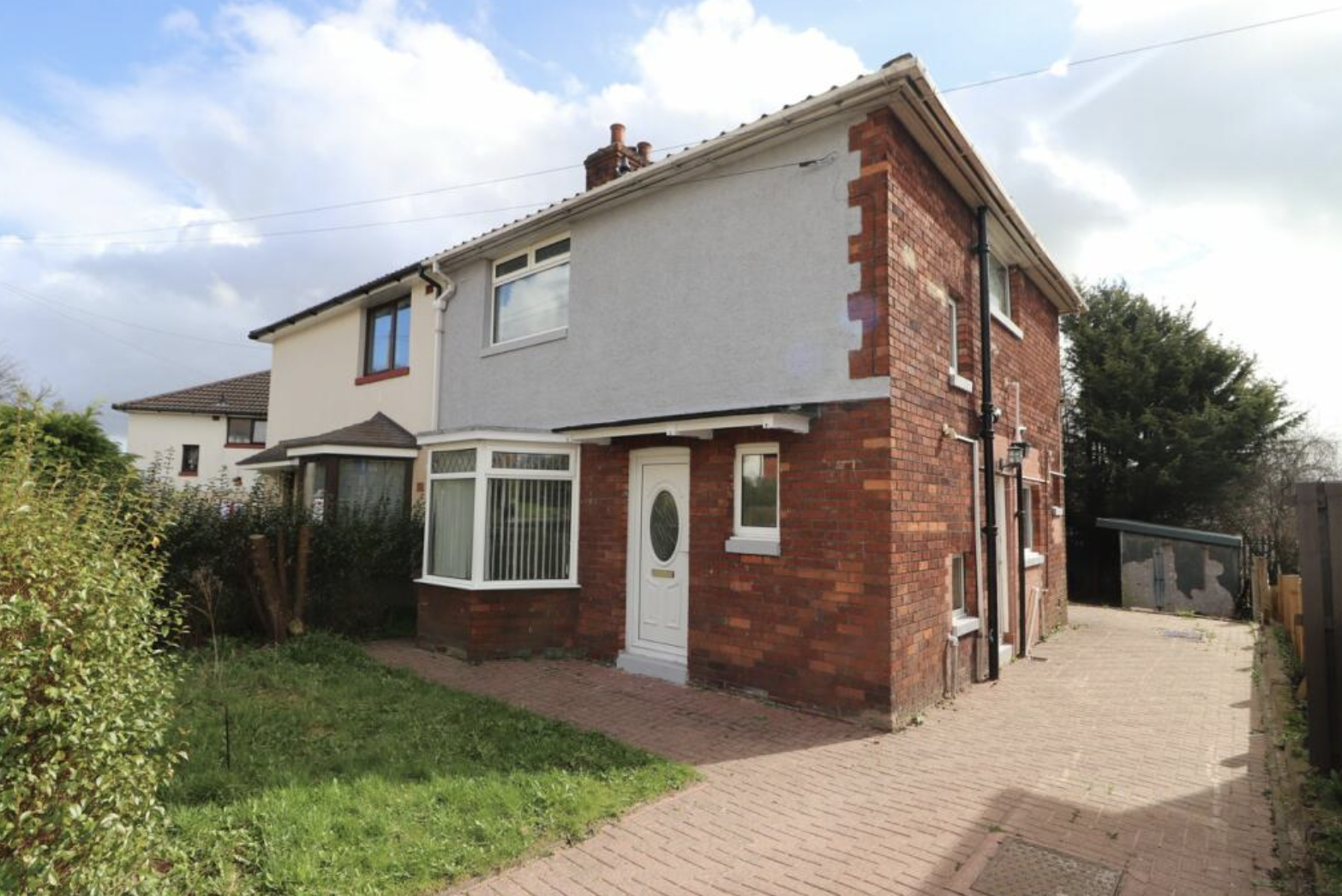
The UK property market is well-regarded, and UK HMOs are seen as a new favourite among investors. Although there are some disadvantages and risks, under proper management and appropriate market conditions, they can still be profitable investments. For investors with a thorough understanding and experience, HMO properties can potentially offer higher rental income and investment returns.
Common disadvantages and pitfalls of UK HMOs:
1. Regulatory and permit requirements:
HMO properties in the UK have specific regulatory and permit requirements, which can be stricter and require investors to spend more time and effort to comply with the relevant regulations.
2. High-risk investment:
As HMO properties typically have more tenants, they pose higher risks compared to traditional rental properties. Frequent tenant turnover, faster property wear and tear, and more complex management are factors that can increase investment risk.
3. Difficulty in loans and financing:
Obtaining loans and financing for HMO properties is typically more difficult compared to traditional rental properties. Banks and lending institutions may take a conservative approach to the value and return risk of HMO properties, which could result in investors facing higher interest rates and more stringent conditions. Management and maintenance costs: As HMO properties usually have multiple tenants, the management and maintenance costs could be higher. Investors need to regularly carry out maintenance and repair work, handle issues between tenants, and ensure that the property complies with regulatory requirements.
4. Multiple responsibilities and legal obligations:
As an owner of an HMO property, you have additional responsibilities and legal obligations. These include providing a safe and healthy living environment, complying with rental regulations, handling disputes between tenants, and taking timely action to resolve any issues.
5. Market demand fluctuations:
The market demand for HMO properties can be volatile. Demand in specific areas may change over time, and rental income may be unstable. Investors need to carefully study market trends and demand forecasts to avoid investment risks.
By choosing MyHMO's one-stop service, we can help you easily achieve stable returns. From property selection, to renovation, to post-rental support, our knowledge and network can help you earn stable returns:
In response to the above, we have the following solutions (3 major guarantees + one-stop service):
1. Guarantee to meet government requirements (18 years of experience, exclusive property information across Hong Kong)
We're UK property sourcing agents, with 18 years of experience, have in-depth and exclusive UK property resources. We can find UK properties at low market values, delivering higher than average market returns for buyers. When renovating to become a UK HMO, we follow up on the project to ensure the property renovation complies with the UK government's regulations for HMOs.
2. Guarantee tenant source (5-7 years guaranteed rental income)
As the UK government's social housing agency leases for 5-7 years, MyHMO, as an agency like Mears, ReadyHome, Serco and other UK HMO government housing agencies, ensures that your property finds tenants.
3. One-stop service (from buying to renovating to collecting rent, helping you generate passive income in 4 months)
From purchasing a UK HMO property to establishing a company, tax planning, arranging for a lawyer, mortgage loan, rental management, and selling the property, we provide comprehensive property investment management services to help investors build and expand their property portfolio.
4. Guaranteed return (generate stable rental income with net rental return of over 8%)
We specialize in managing UK HMO properties with the highest potential for appreciation and rental returns. With a property investment starting from just £150,000, investors can begin to generate a stable net rental income return of over 8%. After passing the inspection, the UK's largest government housing agencies (such as Serco, Readyhome, Mears) will arrange the lease and sign directly with the property owner. After signing, the rent will be automatically transferred to the owner's UK bank account every month starting from the next month.
Exit Strategy for UK HMOs: How to Sell? (Details can be referred to below)Video)
Method One: Resell to other investors
Method One: Resell to other investors UK HMO properties are widely used as investment properties in the UK. When the owner wants to cash out, there are several options available. Firstly, the owner can resell the HMO property, along with its lease, to other investors. There is a high demand for HMO properties in the market because they can yield more rent than standard residential properties, leading to a more ideal rental return. Through resale, the owner can cash out and can also profit from the property's appreciation if the local property market has risen, allowing the property to be sold at a higher price than what it was initially bought for.
Method Two: Cash out with a mortgage
Secondly, the owner can cash out through a mortgage. If the property value has increased, they can cash out a portion of the new valuation through refinancing. The advantage of this method is that it allows the owner to retain the HMO property while continuing to collect monthly rental income, and at the same time, they can obtain funds for other investments.
Method Three: Convert the HMO into a regular residential property
Alternatively, the owner can convert the HMO into a regular residential property for rent or sale to general residential buyers. Since the owner of an HMO is responsible for all operational costs, such as utilities, Wi-Fi, TV license fees, tenant management fees, etc., rising energy costs may affect the owner's rental return, making the tasks required to manage the HMO disproportionate to the return. Therefore, some owners may consider converting the HMO into a regular property for its simplicity. However, it should be noted that regular residential properties usually command a lower asking price than HMOs, as the value of HMOs is generally higher than regular properties. Therefore, unless necessary, it is generally not recommended to convert an HMO into a regular residential property.
Method Four: Rent the HMO property to a Government Housing Association
Investors can consider renting the HMO property to a government agency, which can eliminate the hassle of managing an HMO while still receiving the level of rental income that an HMO can provide.
What should you pay attention to when selling a UK HMO?
Before selling an HMO property, the owner needs to clearly identify the type of prospective buyers, which are usually investors or owners who already own multiple properties. Unlike typical residential properties, the factors considered by families when choosing a region to buy in may be different. However, the reason for buyers to buy an HMO is very simple and straightforward: they hope to generate higher rental income. As long as an HMO can provide a stable and competitive rental return, it will have a market.
Before selling an HMO, the owner needs to prepare relevant documents, such as the HMO license, tenant information, various safety certificates, property maintenance and repair records, etc. The owner also needs to consider through which channel to sell the HMO property. The most common methods are usually through auctions or real estate companies or agents that specialize in HMO transactions.
Selling through an auction can quickly dispose of the property, but the auction house needs time to promote and prepare property-related information for potential buyers (as auction transactions usually need to be completed in a short time), so some lawyers need to prepare relevant documents in advance. However, an auction cannot guarantee that the seller can get the transaction price they desire.
Selling through an agent or real estate company that specializes in HMO transactions can usually ensure a relatively smooth selling process because they are familiar with the HMO transaction process. They also have information on buyers interested in HMO property investments, which can help the owner find reliable buyers in a short period of time.
Conclusion
There are various methods to cash out an HMO property, including resale, mortgage cash out, conversion into a regular residential property for sale, or renting to a government agency. Before selling, the owner needs to clearly identify the type of target buyers, prepare relevant documents, and consider which sales channel to choose. Agents or real estate companies that specialize in HMO transactions can assist the owner in smoothly selling the property, but the owner needs to be aware of the advantages and disadvantages of different selling methods and choose the one that suits them best.



